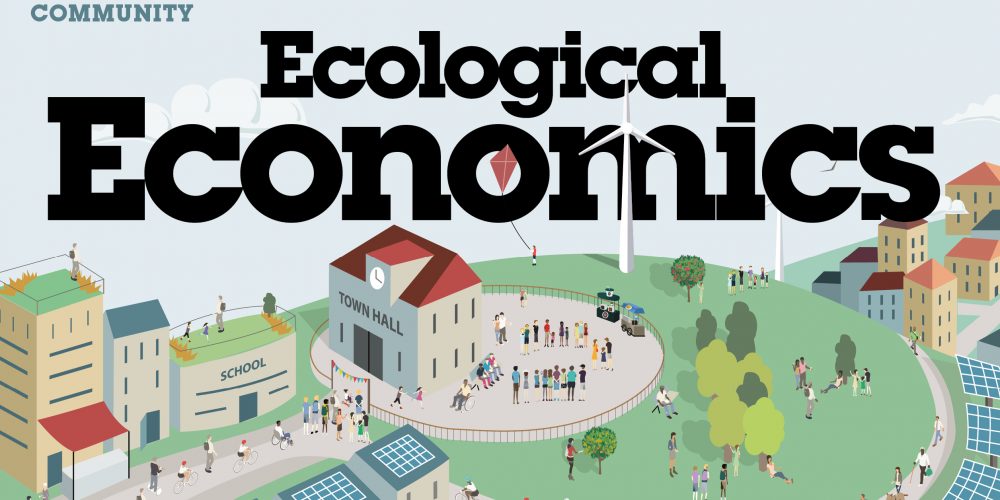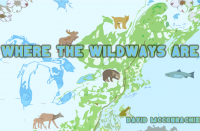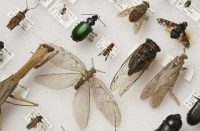43.1 ECOLOGICAL ECONOMICS: Partnering with the Canadian Society for Ecological Economics (CANSEE) and led by guest editors Katie Kish, Brett Dolter and Andreas Link, this issue seeks to help us understand how to balance environmental protection with economic opportunities, a key topic facing all Canadians as we seek to transition to a low-carbon economy. Feature stories of 43.1 Ecological Economics include:
43.1 ECOLOGICAL ECONOMICS: Partnering with the Canadian Society for Ecological Economics (CANSEE) and led by guest editors Katie Kish, Brett Dolter and Andreas Link, this issue seeks to help us understand how to balance environmental protection with economic opportunities, a key topic facing all Canadians as we seek to transition to a low-carbon economy. Feature stories of 43.1 Ecological Economics include:
- We’ve Outgrown Growth: Illustrious environmental educator (and A\J volume 1, issue 1 contributor) Peter Victor demonstrates to us that we can have it all – full employment, no poverty, lower greenhouse gases emissions and fiscal balance – without relying on the economic concept of ‘growth’.
- New Thinking for Old Problems: Guest editor Katie Kish shows that ecological economics, like the new generation of adults, is socially conscious, engaged and open to new ideas.
- Don’t Worry, Be Happy: Jeroen van den Bergh reminds us that there are shortcomings to measuring progress simply using the economic metric of GDP – and shares his thoughts that when we focus on employment, equity and environment, quality of life improves – and the people thrive.
- Electrify Everything: Brett Dotler helps us understand that shifting to a low-carbon energy can reduce our power demand by 40% but requires an economic and social transition.
- DIY: Katie Kish and Stephen Quilley help us understand that getting our hands dirty can help put meaning back in your work.
- New Prescription: Katharine Zywert demonstrates how to design a sustainable community care system in a world without growth.
- Black Snake in the Grass: Troy Vettesse shows that the business case for new pipelines is terrible.
See Table of Contents
Take a closer look at the cover













